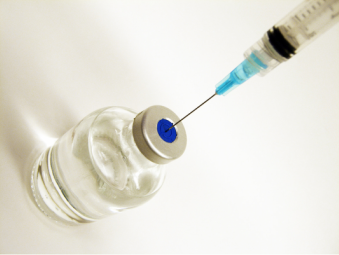Nice website to learn more about yeast.
www.candidablog.com
Urinary Tract Infections: Nicotinic Acid Prevents Candida Adherence
Most of you have probably read about the effects of certain constituents of cranberry juice that inhibit the adhesion of microbes to the epithelial lining of the bladder and urinary tract, thus helping to prevent and eliminate urinary tract infections. According to a new study,1 nicotinic acid (niacin) can also help.
The study examined the effect of nicotinic acid on urinary tract infection caused by Candida glabrata. The paper reports that Candida accounts for about 25% of all urinary tract infections relating to indwelling catheters, with C. glabrata accounting for about 15% of the Candida isolates. Adherence to the urinary tract cells is necessary for infection and, in C. glabrata, is mediated by a lectin encoded by the EPA1 gene family. In this organism, EPA6 and EPA7 are normally silenced, but their expression (unsilencing) leads to adhesion in the urinary tract. The authors found that nicotinic acid deficiency in the urinary tract was the cause of the reinitiation of expression of these genes. The way this works is that Sir2p (a silencing gene that is also implicated in longevity) is modulated by cellular levels of nicotinamide adenine dinucleotide (NAD), for which nicotinic acid is a precursor. The authors say that “Here we provide data suggesting that cellular NAD+ levels, which in C. glabrata are tied to environmental NA [nicotinic acid] levels, modulate Sir2p-mediated silencing of subtelomeric EPA genes in response to the host environment.”
To sum it up: Relatively low nicotinic acid levels in the urinary tract result in increased adhesion of Candida. Hence supplementation with nicotinic acid ought to help prevent or to eliminate Candida urinary tract infections.
Reference
Domergue et al. Nicotinic acid limitation regulates silencing of Candida adhesins during UT1. Science 308:866-70 (2005).
